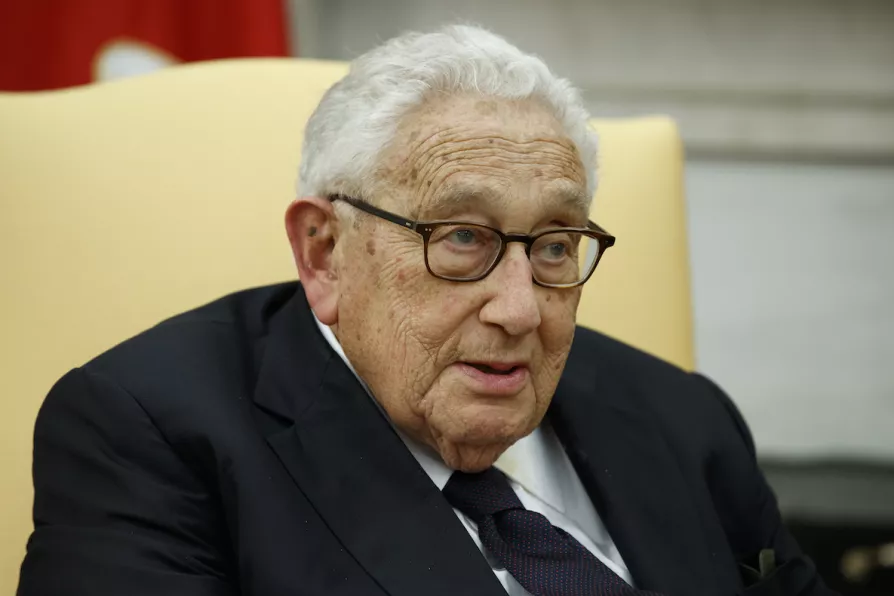John Wojcik pays tribute to a black US activist who spent six decades at the forefront of struggles for voting rights, economic justice and peace – reshaping US politics and inspiring movements worldwide

 Former Secretary of State Henry Kissinger speaks during a meeting with President Donald Trump in the Oval Office of the White House, Tuesday, Oct. 10, 2017, in Washington
Former Secretary of State Henry Kissinger speaks during a meeting with President Donald Trump in the Oval Office of the White House, Tuesday, Oct. 10, 2017, in Washington
WHEN it comes to foreign policy, Henry Kissinger is one of the most important voices in the US.
For years, he was national security adviser. He was also secretary of state under presidents Richard Nixon and Gerald Ford.
In the early 1970s, he masterminded the US-China rapprochement to isolate and weaken the then Soviet Union.

The cancelled China trip of the German Foreign Minister marks a break with Helmut Schmidt’s China policy and drives Germany further into Washington’s confrontation course, warns SEVIM DAGDELEN

JENNY CLEGG reports from a Chinese peace conference bringing together defence ministers, US think tanks and global South leaders, where speakers warned that the erosion of multilateralism risks regional hotspots exploding into wider war











